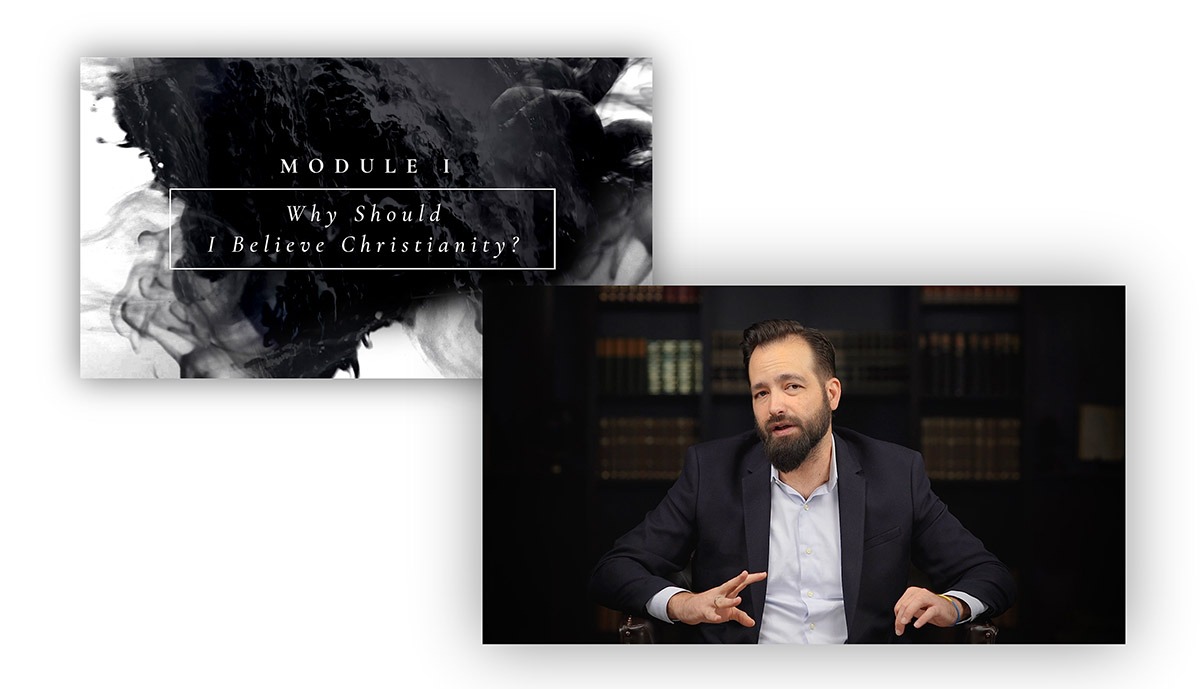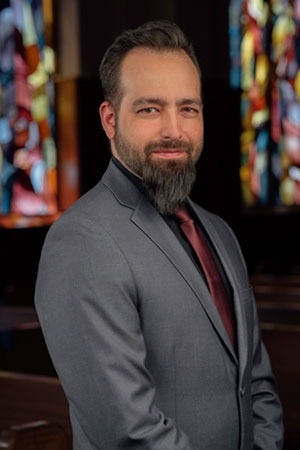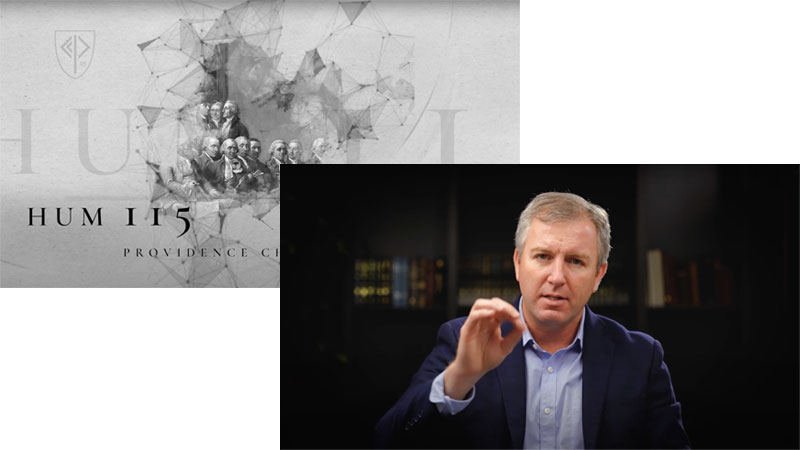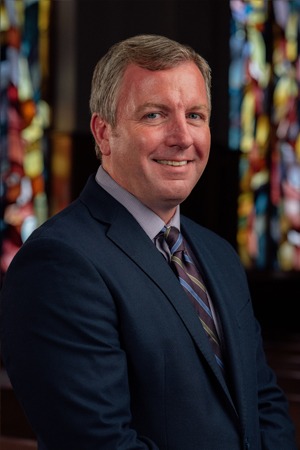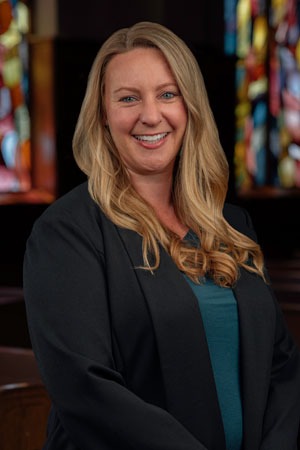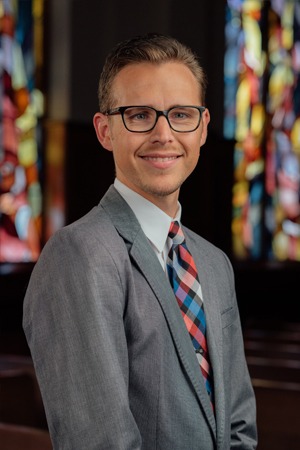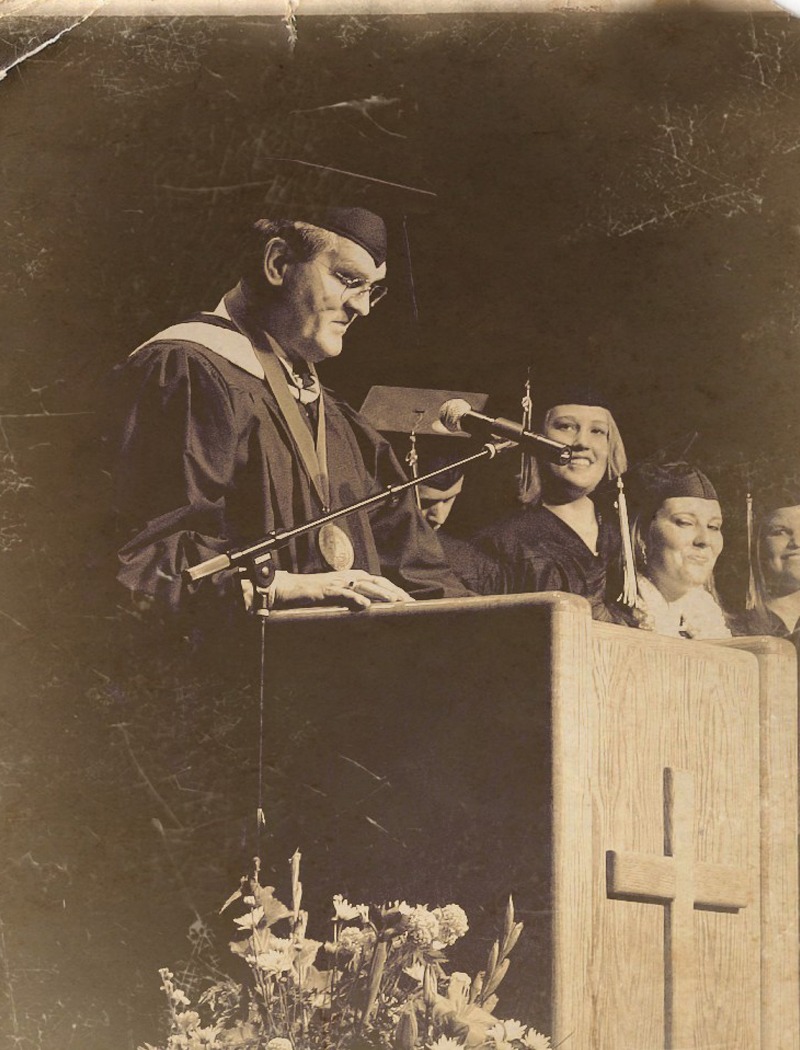 Imagine a high school gym jammed with tables loaded with displays and brochures. Hundreds of people crowd the aisles, bearing backpacks or lugging tote bags. Many are gathered around tables, waiting to talk to well-dressed people wearing name badges. It’s crowded, noisy, bright, and chaotic. It’s a college fair—a mass meet-up between college representatives and high school students and their parents.
Imagine a high school gym jammed with tables loaded with displays and brochures. Hundreds of people crowd the aisles, bearing backpacks or lugging tote bags. Many are gathered around tables, waiting to talk to well-dressed people wearing name badges. It’s crowded, noisy, bright, and chaotic. It’s a college fair—a mass meet-up between college representatives and high school students and their parents.
This year’s Christian College Fair in Pasadena will be held Saturday, September 28 at Maranatha High School located at 169 South Saint John Avenue in Pasadena. Over 35 Christian colleges and universities from Southern California to New York will be on hand to connect with college-bound high school students. There will be another fair held at Ontario Christian High School on Monday, October 2.
“The best reason to attend a Christian College Fair is that you can get answers to your personal questions about colleges and discover new colleges to investigate,” says Providence Christian College President Dr. Jim Belcher. “You can connect with admissions staff from colleges that you might apply to. In fact, the person you meet might very well be your admissions counselor.”
Providence new admissions counselors – Philip Worrall and Christopher Stutzman – will be on hand to meet prospective students and their parents. For more details on the fair visit NAACAP’s website at www.myblueprintstory.com .
NACCAP (North American Coalition for Christian Admissions Professionals) is an organization dedicated to advance enrollment in Christian higher education by creating and sponsoring Christian University & College Fairs as a service to students who are considering enrollment in Christian Colleges. NACCAP hosts over 140 Fairs across the US and Canada each year.
For those students interested in attending a college fair, here are things to know according to collegedata.com.
Things to Know Before You Go
- Which colleges are attending? Create a list of colleges to visit in order of priority. Be sure to discuss your ideas with your parents and counselor.
- What will you ask? Prepare questions that can’t be answered by doing your own research on the college website.
- Will badge scanners be used? If not, bring self-stick labels with your name, contact information, high school name, and major interest.
- What’s your plan? Get a map of the fair layout. Plan to visit your top priority colleges first. If a parent is going with you, plan how you will coordinate your time.
- What will you bring? Bring a backpack or tote bag to hold any materials you plan to pick up, a small notebook containing your list of questions, and a pen to write down the answers or other notes.
What to Do When You’re at the College Fair
- Talk to the reps of high priority colleges. You may have to wait in line at the more well-known colleges. Get the rep’s card for later follow-up and provide your contact information. Do this only if you are really interested.
- Allow time for browsing colleges. You might be missing a gem.
- Attend an informational session. Fairs often offer seminars on financial aid, athletic admissions, and SAT and ACT testing.
- Visit onsite counselors. Many fairs make experts available in financial aid and admissions to field general questions.
Reflect Once You Get Home
Take time to process what you learned. If you are feeling overwhelmed, give yourself a day or two away from your college search. Then unload the materials you gathered and go over your notes. Did some colleges strike you more favorably or less? Why? Did you uncover some new colleges to consider? Then for next steps;
- Learn more about colleges by visiting college websites.
- Discuss your thoughts with parents and counselors.
- Remember the more you research and talk to knowledgeable people, the more clearly the pieces of your search will come together into a great college list.
NACCAP (North American Coalition for Christian Admissions Professionals) is comprised of admissions and guidance personnel from over 300 Christian high schools, liberal arts colleges and universities, Bible colleges, graduate schools and seminaries throughout North America. Since 1970, NACCAP has provided initiatives that champion the cause for Christian education. Learn more at www.naccap.org .
